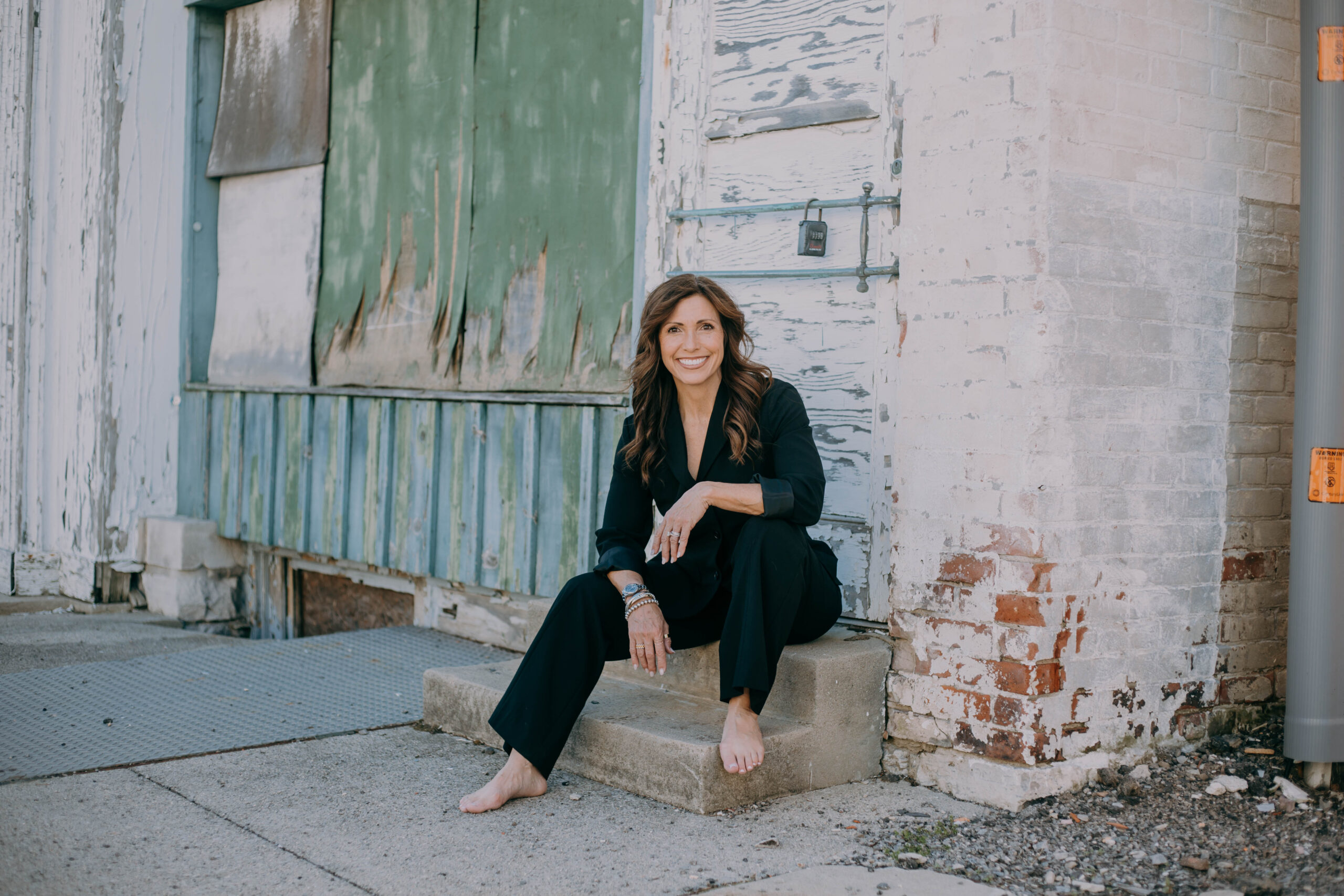Bravery is more than just courage. It is often romanticized in literature and cinema, portrayed as a heroic act in the face of danger. However, true bravery extends beyond grand gestures; it embodies the daily choices you make in your life. At its core, bravery is about confronting fear, uncertainty, and adversity, and it manifests in various forms—physical, emotional, and moral.
A Few of the Many Faces of Bravery
- Physical Bravery: This is the most recognized form of bravery, often showcased by soldiers, firefighters, and first responders. Their willingness to face danger to protect others exemplifies selflessness and courage. However, physical bravery is not limited to dramatic situations; it can also be seen when you confront personal challenges. This is seen when athletes overcome injuries or when individuals fight against illness.
- Emotional Bravery: This form of bravery involves the courage to confront your own feelings, vulnerabilities, and mental health struggles. It’s about admitting when you need help, expressing your emotions authentically, and taking the steps necessary to heal and grow. Emotional bravery often requires a deep level of self-awareness and honesty, allowing you to face your fears rather than avoid them.
- Moral Bravery: Standing up for what is right, even when it is unpopular or risky, defines moral bravery. This could involve speaking out against injustice, defending someone being bullied, or advocating for causes that challenge societal norms. Moral bravery is vital for social progress, as it inspires others to act and fosters an environment where integrity and honesty prevail.
Bravery can have an impact in your own personal life or in society. It can have a ripple effect in both. In your personal life, your act of bravery may inspire it in someone else you care about. It may boost your own self-confidence. It may push you through something you may not normally do. In society, it may inspire others to act. Look at historical figures like Martin Luther King Jr. and Nelson Mandela. They showcased extraordinary moral bravery, sparking movements that transformed societies. Their stories remind us that individual acts of bravery can lead to monumental change.
In everyday life, acts of bravery can contribute to building a culture of trust and resilience. Whether it’s a teacher standing up for a student, or a friend offering support during a tough time; each act encourages others to step forward and share their own truths.
Bravery is not an inherent trait; it can be cultivated through practice and reflection. Here are some ways to foster bravery in your life:
- Face Your Fears: Start small by identifying what scares you. Gradually confront these fears in manageable ways, whether it’s public speaking, trying a new hobby, or initiating difficult conversations.
- Surround Yourself with Support: Build a network of supportive friends and mentors who encourage you to take risks and face challenges.
- Reflect on Past Experiences: Consider moments when you exhibited bravery, no matter how small. Reflecting on these experiences can reinforce your confidence to tackle future challenges.
- Embrace Vulnerability: Recognize that vulnerability is not weakness; it is a pathway to authentic connections and deeper understanding. Being open about your fears can empower others to do the same.
Bravery is a multifaceted quality that can enrich your life and community. Whether through physical feats, emotional honesty, or moral integrity, every act of bravery contributes to a greater narrative of resilience and hope. By embracing your fears and standing up for what you believe in, you not only empower yourself but also those around you to find their own courage. In a world often filled with uncertainty, bravery is a beacon of strength and possibility.
Did you know? We have a weekly newsletter that digs deeper into topics like this (as well as other health related topics for your ultimate well-being). In each you will also get a helpful Mindful Minute – this week, “Clench” – along with other tips, frequent challenges, and connection. If you haven’t yet, enter your name and email and hit “subscribe” in the Mindful Mail block on the homepage of my website.
For additional tips on mindful living and topics like this, follow me @livinghealthyin5fields on social media.

you said: